I’ll come right out and say it.
People who are quick to discount social media’s impact on SEO are missing the point.
I know that there’s a lot of uncertainty surrounding social signals and how they affect organic search rankings.
But think about this for a second.
SEO is all about growing your visibility in organic search engine results.
Social media networks are search engines.
That’s as clear-cut of a correlation that I can think of.
There’s no social media strategy without SEO. They aren’t two separate things. They work as one.
Yes, Google has said in the past that it does not consider social signals to be a ranking factor.
That’s perhaps where all the controversy stems from.
But guess what?
It doesn’t matter.
Your objectives as a marketer remain the same.
- Grow your brand equity
- Build trust and authority
- Drive traffic to your website
- Convert your website traffic into sales
- Serve your customers exceptionally well
The individual roles that social media and SEO have to play in fulfilling these objectives are unmistakable.
When executed on their own, the results are staggering.
Just imagine what they can achieve when you use them to complement each other.
Here’s a map of how SEO and social support each other:
If you want more detail on how the two are intertwined, this post is for you.
More specifically, we’ll look at why a poor social media strategy will damage your SEO efforts.
Understanding how social media and SEO work together
When people think of SEO, they automatically think Google.
It’s crucial to note that Google isn’t the only search engine.
Yes, Google has the largest share of search. Compared to other options, Google is responsible for more than 80% of search on all devices.
Guess what the second largest search engine is?
It’s YouTube!
YouTube is as social as it gets. To top it off, video drives a 157% increase in organic traffic from search engines.
You can begin to see how not leveraging a social network like YouTube can hurt your SEO.
This means that it’s imperative that you’re active on YouTube if you want to distribute video content.
My point is simple.
Social media is a powerful vehicle to increase your influence, promote your content, and drive traffic to your website.
This can only strengthen your SEO efforts.
I’ll be straight up with you though.
You can’t optimize your social media strategy today and see a direct increase in your rankings tomorrow.
That’s not how it works.
SEO is an organic technique that takes some time to drive results. The same goes for a brilliant social media strategy.
It’s probably why 49% of marketers consider social media to be the most difficult marketing activity to set in motion.
In my experience, most people don’t wait long enough to see results.
If you have a solid strategy, it will affect your organic search performance in the long run.
I know marketers are up in arms about whether social signals are a ranking factor or not.
Forget about ranking factors for a minute. There are 200 of them!
Instead, focus on building value for your audience so that you’re regarded as a trusted and authoritative source of information.
A healthy social media presence is a big part of that mission.
Here are the reasons you should give social some time and attention if you want to improve your SEO.
1. Social media content is indexable content
Many people don’t know this.
Social media posts are crawled and indexed by search engines.
Naturally, not all of them are indexed. There’s no way that the billions of social media posts published every day are all deemed as relevant by Google.
Still, some pages are indexed and returned to users in search results.
If you search for a brand name or an individual’s name, there’s a decent chance you’ll get their social media profiles as a top result.
Here’s what happens when I search for my name. My LinkedIn and Twitter profiles turn up even before my blog, Quicksprout.
That’s a big deal.
To top it off, marketers have found that social media can speed up the process of getting your website content indexed.
How?
Content that picks up huge momentum on social media will likely be indexed more quickly by search engines. That’s because the more links that a page receives, the quicker it will be found and crawled.
With the viral potential of social media posts, this is a golden opportunity.
Are all social media channels equal in their ability to influence SEO?
I don’t mean to dance around the question, but it depends.
For example:
The privacy settings on your profiles can affect whether your content surfaces in search results.
Facebook is especially known for keeping data from Google. Many of the links on Twitter are also not followed by Google.
It means that the first step to an effective social media strategy should be to optimize your profiles for visibility.
That includes toggling your accessibility settings and making use of relevant keywords.
Facebook is the main culprit, so I’ll show you how.
Step #1 – Go to the general settings on your Facebook page.
Step #2 – Explore all the settings. Many of them are related to visibility. Ensure that your page, updates, and posts are visible to everyone.
Let’s double back to which social media network has the most impact on SEO.
While this is not definitive, you may be surprised to know it’s not one of the major channels like Facebook.
Experiments have shown that Google+ has the most influence on how quickly posts are crawled.
It makes perfect sense.
Google+ is owned by Google, which means their data is completely accessible.
Here’s how you can hack Google+ for SEO capital.
- Optimize your Google+ profile to include detailed information about your business.
- Make connections on Google+, engage with the community, and increase your influence.
- Share your blog content on your profile and in relevant Google+ groups.
- Publish posts directly on the Google+ platform. Each post gets its own URL.
- Link all your other web assets to your Google+ profile.
Google+ is just one of the many social networks you have in your arsenal.
Leverage them, and you will begin to see a difference in how quickly Google indexes your content.
2. Link building = social proof
You already know how central link building is to SEO.
It’s why the number of referring domains to a website has the highest correlation with Google rankings.
At its core, link building is a method of social proof.
Every source that links back to your website counts as a vote. The more of these votes that you gather, the more influence and authority you hold in organic search.
This means that your website would rank higher than others with less authority. Again, link authority is strongly tied to Google rankings.
But here’s where link-building becomes troublesome.
Links are super easy to manipulate.
When some people realized just how much weight these links carried, they started to use questionable tactics to gain more links.
What did Google do about it?
It started to penalize websites that did not have a clean and organic link profile.
It’s no secret that Google is tough on these black-hat techniques.
After all, any ranking factor that can easily be manipulated isn’t a reliable one.
Here’s what I think.
If social proof is so important for determining authority, there’s no better litmus test than social media channels.
It’s where the best and most authentic social proof happens.
Sure, you can still buy links and employ unscrupulous tactics on social media.
But these have no chance of gaining any real traction on social media.
Why?
They get shut down pretty quickly.
Just ask the 20,000 people who are banned from Facebook alone on a daily basis.
Let’s talk about two key reasons social media channels are best for link building.
For one, social media allows you to delegate your link building to your audience.
Think about it.
When you share a post on your social media profiles, you have an audience waiting to share it with their own networks.
It’s only going to lead to wider distribution of your content and more engagement. This amplified reach can lead to even more links from authoritative sources.
Secondly, social media links drive actual traffic to your website.
Aggressive link building tactics can lead to you having backlinks from sources that have no impact on your business.
It’s not uncommon that these are vanity links. They’re there to represent a “vote” for your website, but they bring no actual traffic.
At least, not the kind that will convert into customers.
Of course, it depends entirely on the source of your links. If it’s an authoritative and heavily trafficked source, you’ll no doubt see results.
But the point is, social links have the capacity to drive traffic no matter how small an influence your audience has.
The Parse.ly network found that Facebook alone has surpassed search as the top traffic source.
Aim for a targeted and interactive network so you can have high-quality traffic. This means you’ll have a better chance of converting web visitors into customers.
3. Social media influence is a new and more powerful kind of authority
As you know, authority is an important pillar of SEO.
What exactly is authority?
In SEO terms, it’s a measure of an individual website page or domain’s value. Google ranks more authoritative sites higher in search results.
How is authority determined?
It’s largely about the quality of your content and the backlinks to your domain.
Content is how you provide value to your audience, and backlinks are an endorsement of that value.
Earlier, I referenced how the link-building landscape has evolved. Social media is now a big piece of the authority equation.
That’s because it’s a major vehicle to distribute content and to build links.
In fact, social media is one of the top content distribution channels.
The more influence you hold within your social media networks, the higher your authority will be.
What does influence mean?
Put simply, it’s about having the ability to move your audience to action. Publishing content is one thing, but getting people to interact is another.
But it’s not just about that. Reach and relevance also matter.
Reach ensures that you have a large and engaged network to distribute your content.
The wider your reach, the more traction you can gain. The more engaged your audience, the more valuable they are to your business.
Here’s what I mean by relevance.
Let’s imagine that you own a gym. You create content and get a backlink from an online fitness magazine.
This tells search engines that you’re creating the type of content that is relevant to your brand and audience. This way, it will have way more resonance, which in turn is valuable to search engines.
There’s no better way to ensure relevance than to use social media to target the right people and create content that they want.
4. SEO has evolved to be more people-centric
SEO has always been super technical.
That’s no secret. It’s why many people have shied away from it until now.
Growing their SEO presence was considered to be a top priority for 66% of marketers.
While the technical stuff still matters, people matter even more.
It’s why Google frowns upon keyword stuffing, black-hat link building methods, and other aggressive SEO tactics.
They don’t work because they’re not people-friendly.
Search engines get that now. An algorithm can never tell the whole story of how people behave.
As such, SEO has transformed beyond those very technical ranking factors. This means that good SEO requires a human touch.
Marketers are awakening to the idea that social is a big part of that. 64% agree that social media is the second most important factor in search — after content, of course.
All of these ideas can be condensed into one thing:
Context.
Context is what gives you a holistic view of your audience. It gives you the complete who, what, when, where, why, and how of audience behavior.
And social media is the king of context.
Why?
Picture this.
You have millions of people gathered in one place.
They’re interacting with all types of content. Every like, share, comment, and conversion establishes a feedback loop.
You can immediately find out who likes what, and at what time of the day they prefer it.
You can get all sorts of demographic and psychographic data about your most engaged audience.
You can even target people who mirror that engaged group so you can maximize your reach and impact.
Social media allows for all of this, and yet, many people still question its importance.
5. Social media is the best way to tap into local SEO
If your business is not optimized for local search, you may need to rethink your SEO strategy.
Of course, if your business is not dependent on geography, this may not matter.
This is a subset of SEO that deals with local businesses that target local customers.
Research shows that “50% of consumers who conducted a local search on their smartphones visited a store within a day.”
This gives you a few key insights.
Consumers conduct searches with their location in mind. They will use search queries that may include store location and directions.
Also, if a consumer conducts a local search, they’re more likely to have an immediate need. They’ll take action quicker than someone who’s not concerned about location.
What does all this mean?
Understanding and capitalizing on your consumer’s local search behavior is critical.
You can readily take advantage of local SEO by targeting local search queries. This will certainly be less competitive than keywords that aren’t modified with a location.
But you can take it a step further with social media.
Here’s what you can do.
- Geotag your social media posts.
- Complete your social profiles to include the location of your business.
- Customize your social media ads by city and zip code.
- Use “Get Directions” or “Call” CTAs in your social media posts and ads.
- Create a listing for your business in the top-ranked social directories like Yelp.
- Encourage customers to leave reviews on your Facebook page.
- When you host webinars, Facebook Lives, or other interactive content, create a local event on Facebook to promote it.
These are just a few ideas.
You can get even more strategies in my comprehensive post on social media marketing for local businesses.
Conclusion
A new era of SEO is upon us.
It’s no longer just about algorithms and ranking factors. It’s about people.
No matter how these technical factors evolve, search engines have no choice but to consider the demands of real people.
Social media is the way to do that.
After all, it’s where most people spend their time. They have access to their social networks in the palms of their hands. They’re interacting with these platforms multiple times a day.
Social and SEO are profoundly connected.
Embrace the connection, and your organic search will improve by leaps.
Neglect it, and your SEO will suffer.
It doesn’t take much to capitalize on the two. Put the time and effort into creating a robust social media strategy, and you will win big.
In what ways have you used social media to influence your SEO?
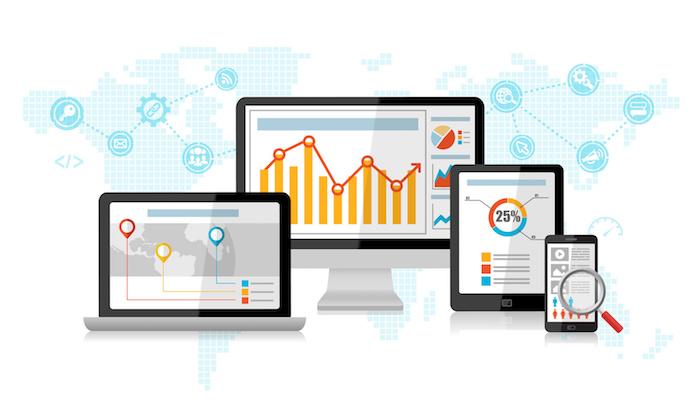
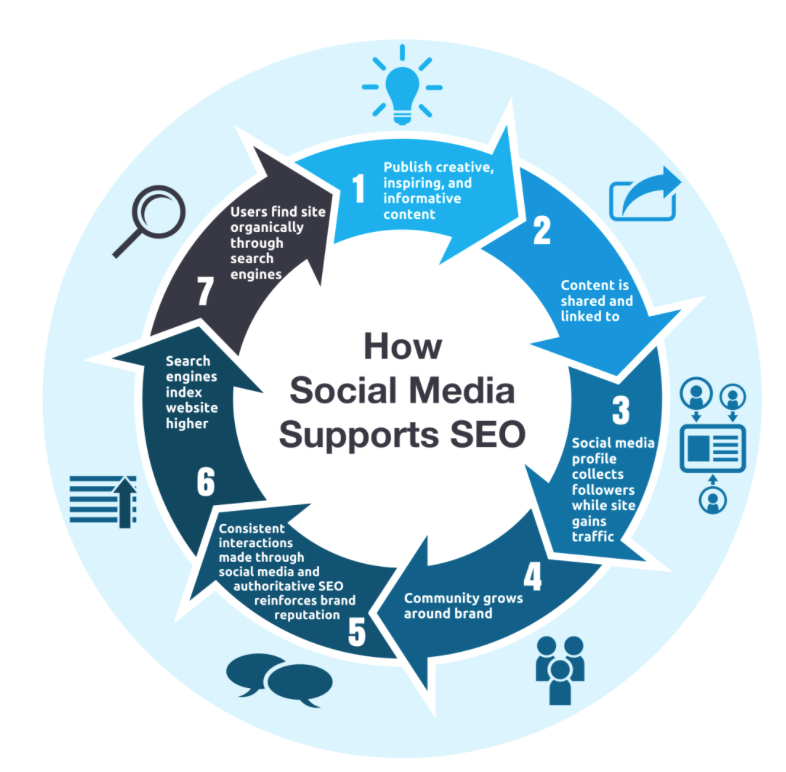
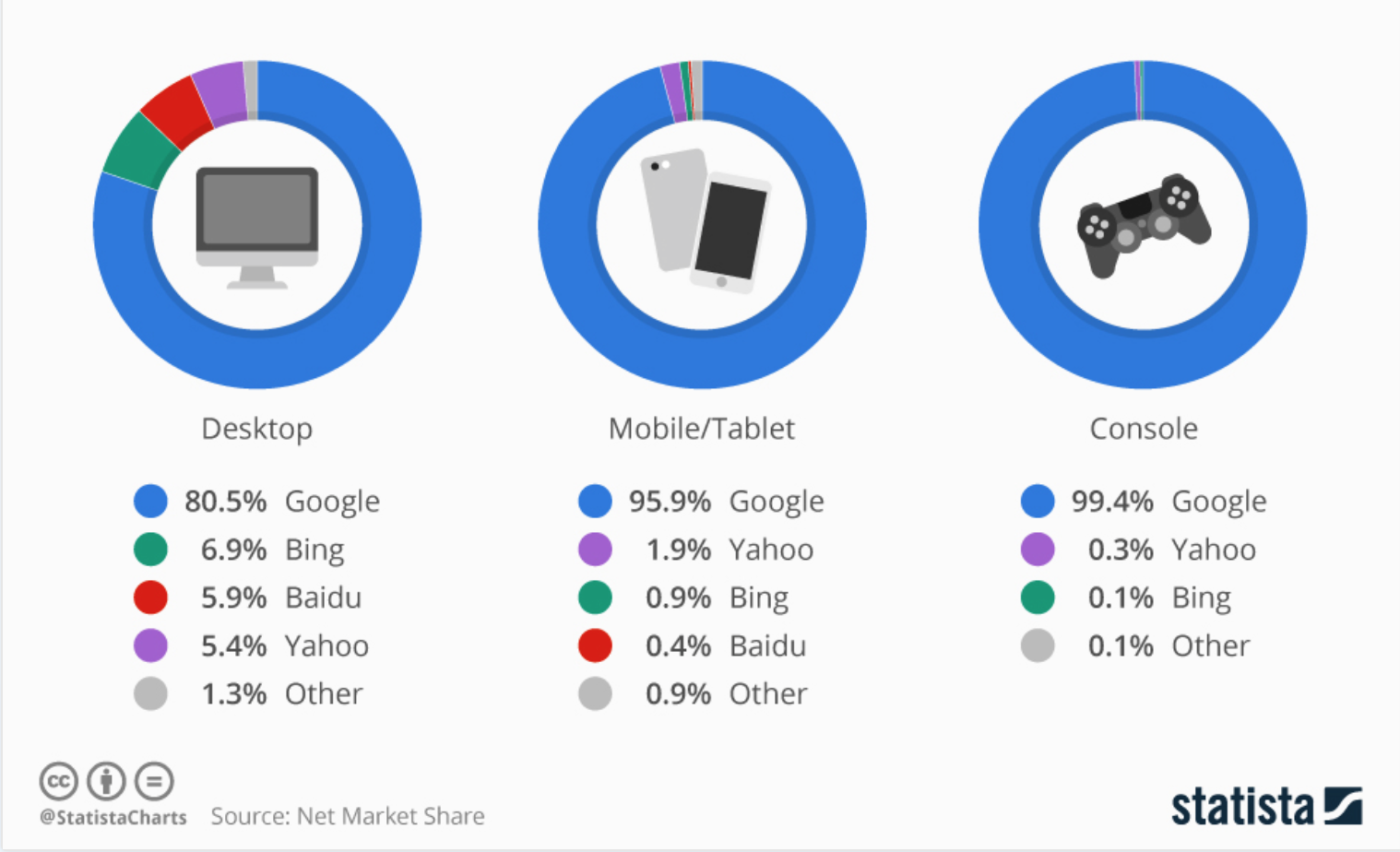
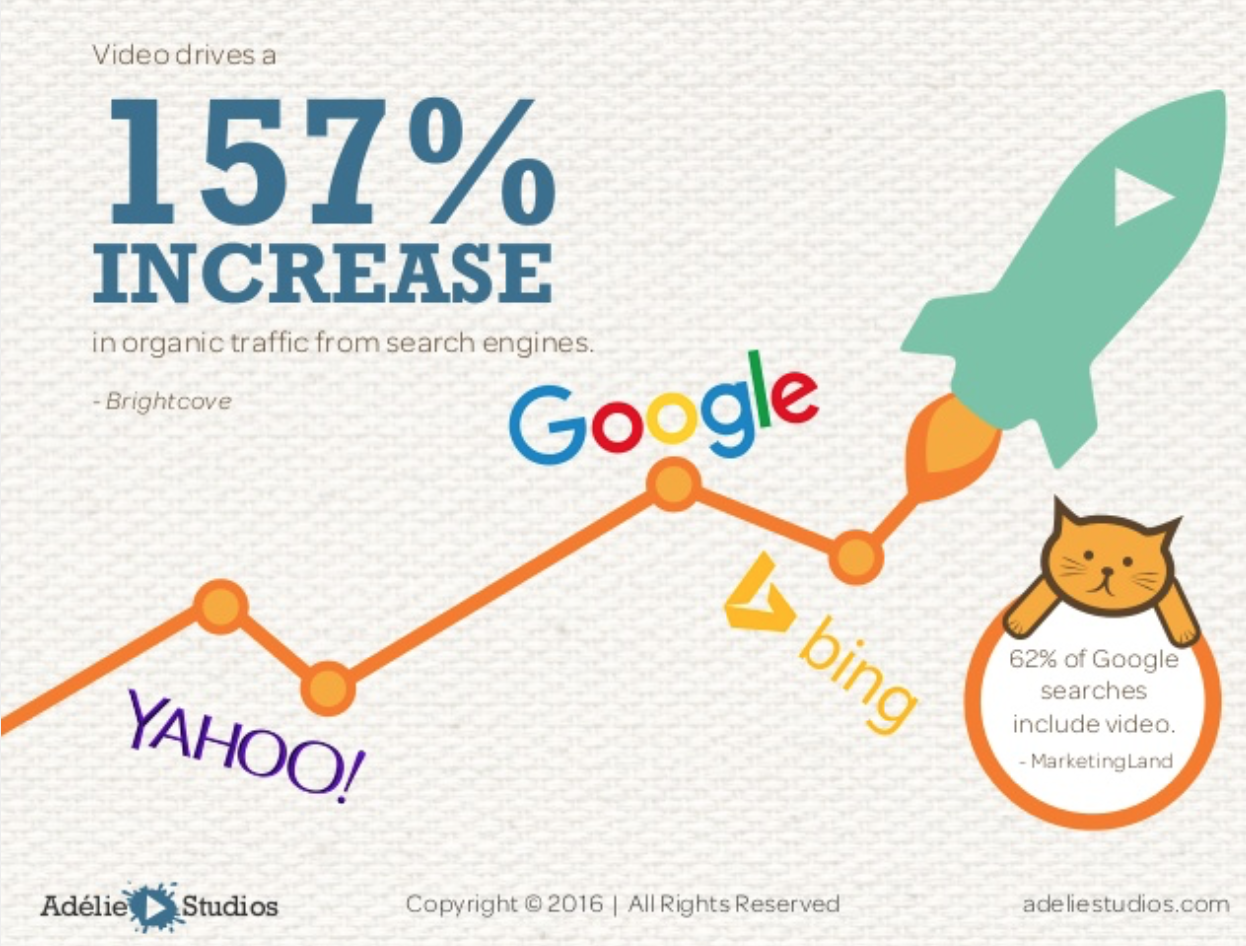
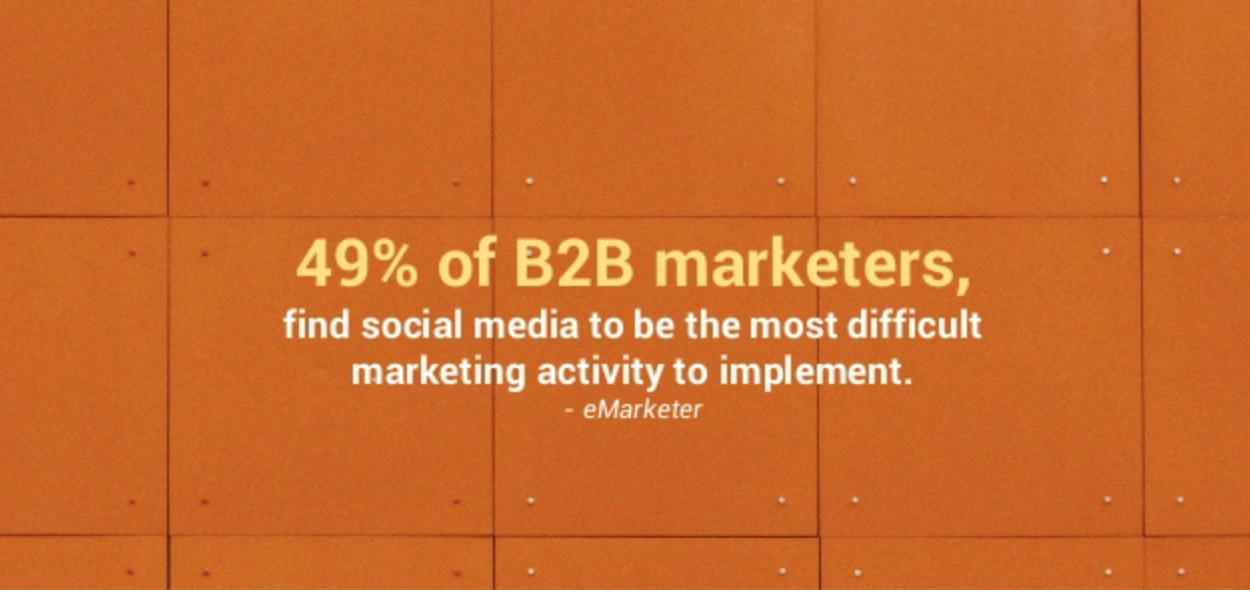
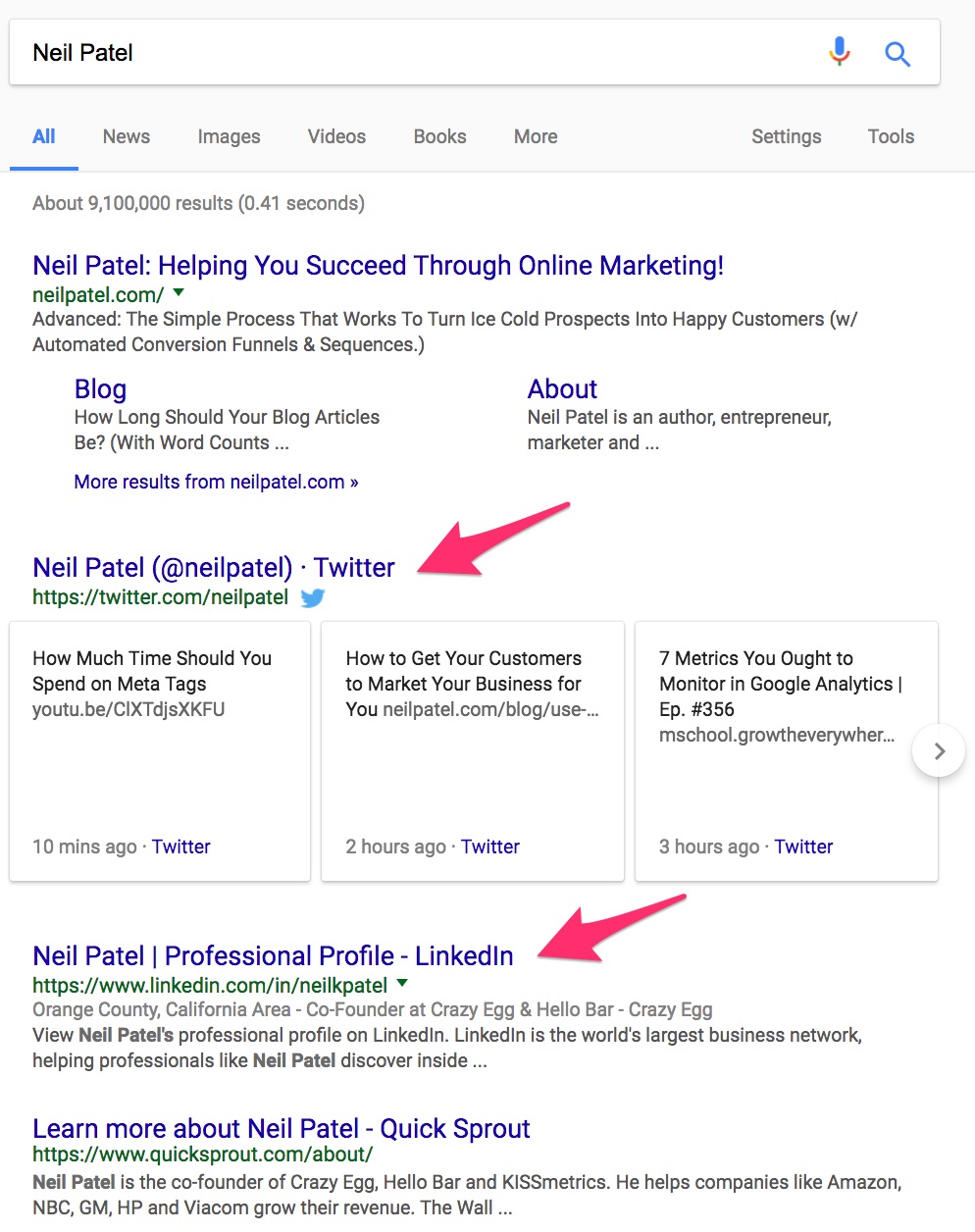

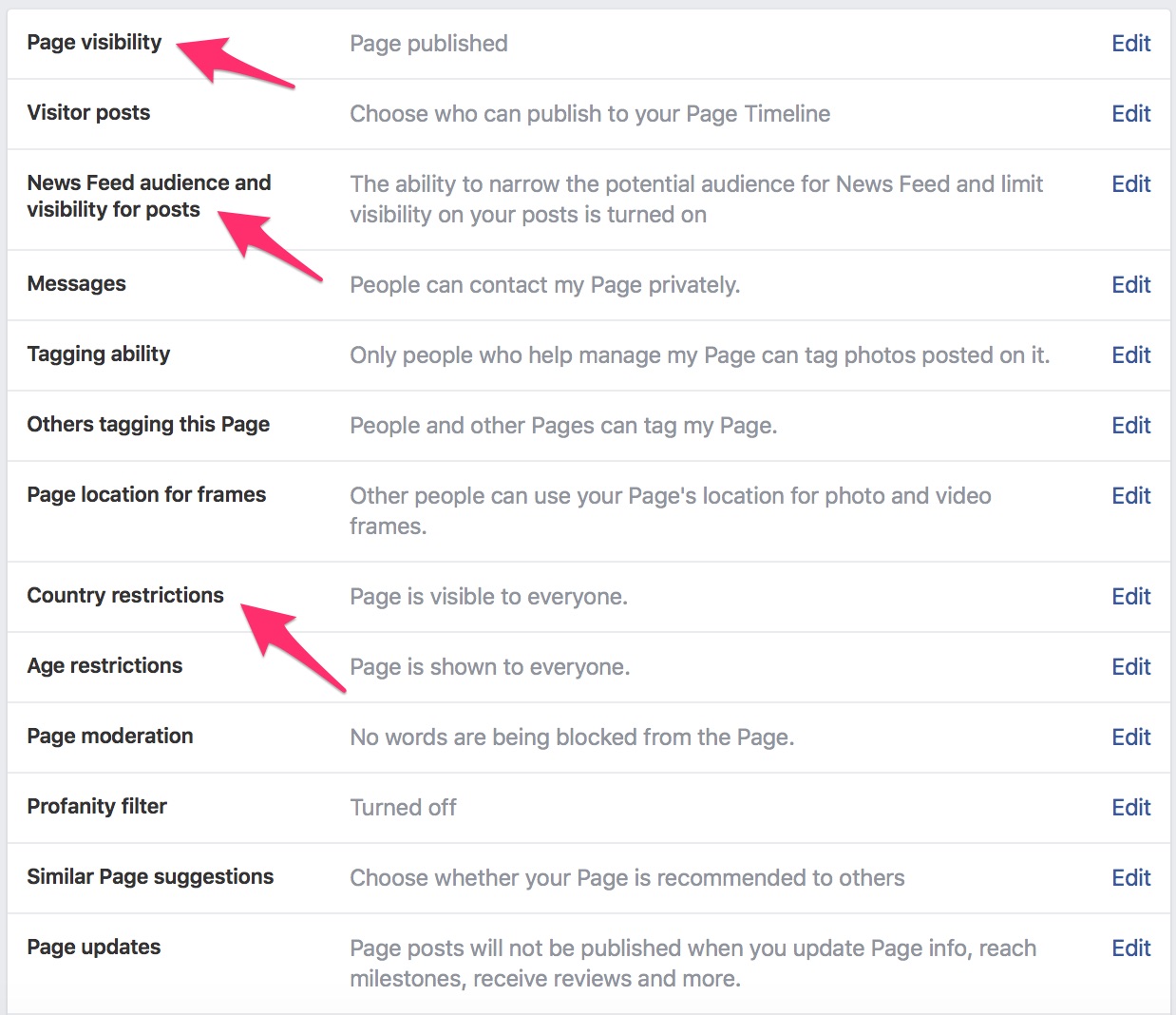
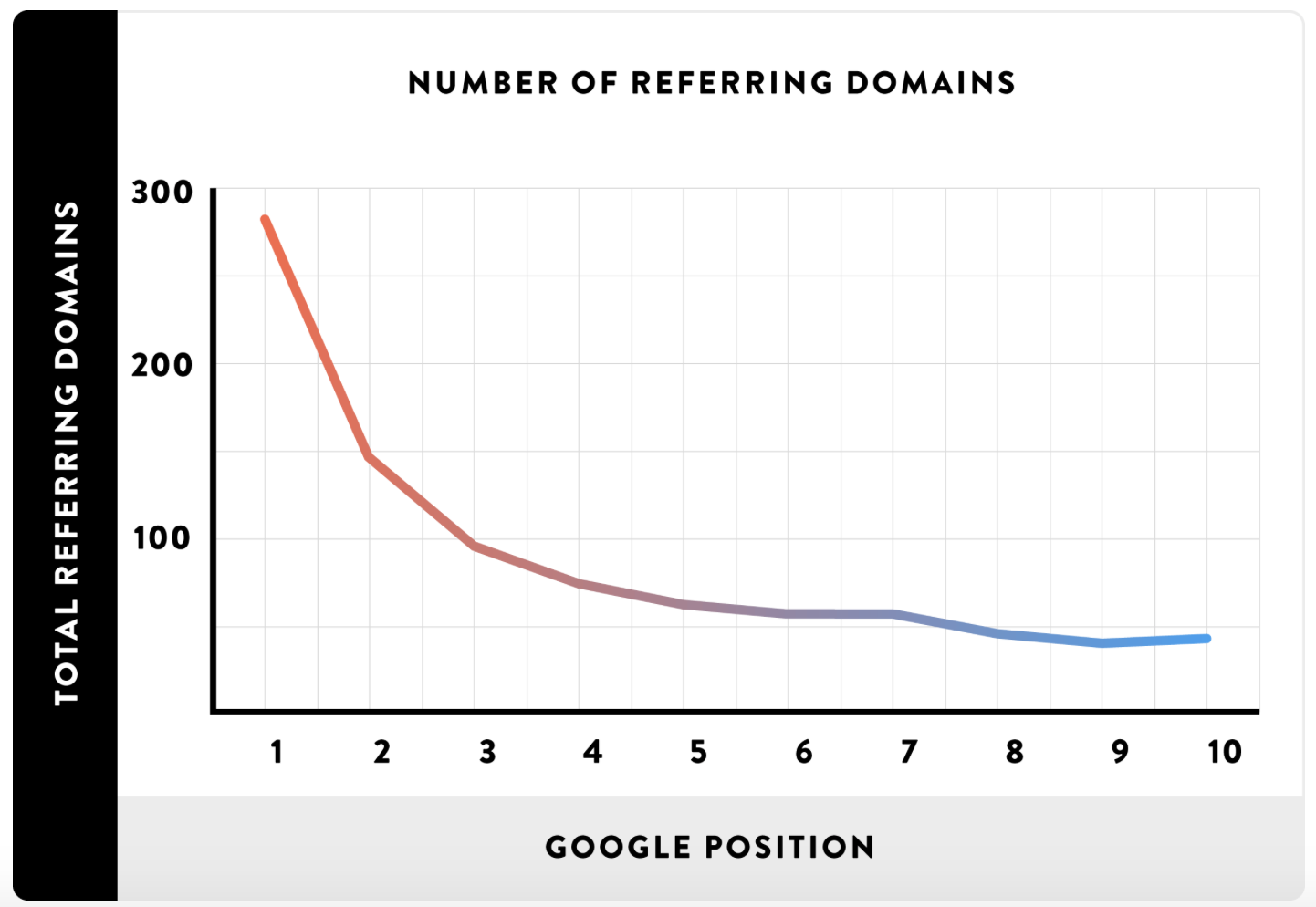
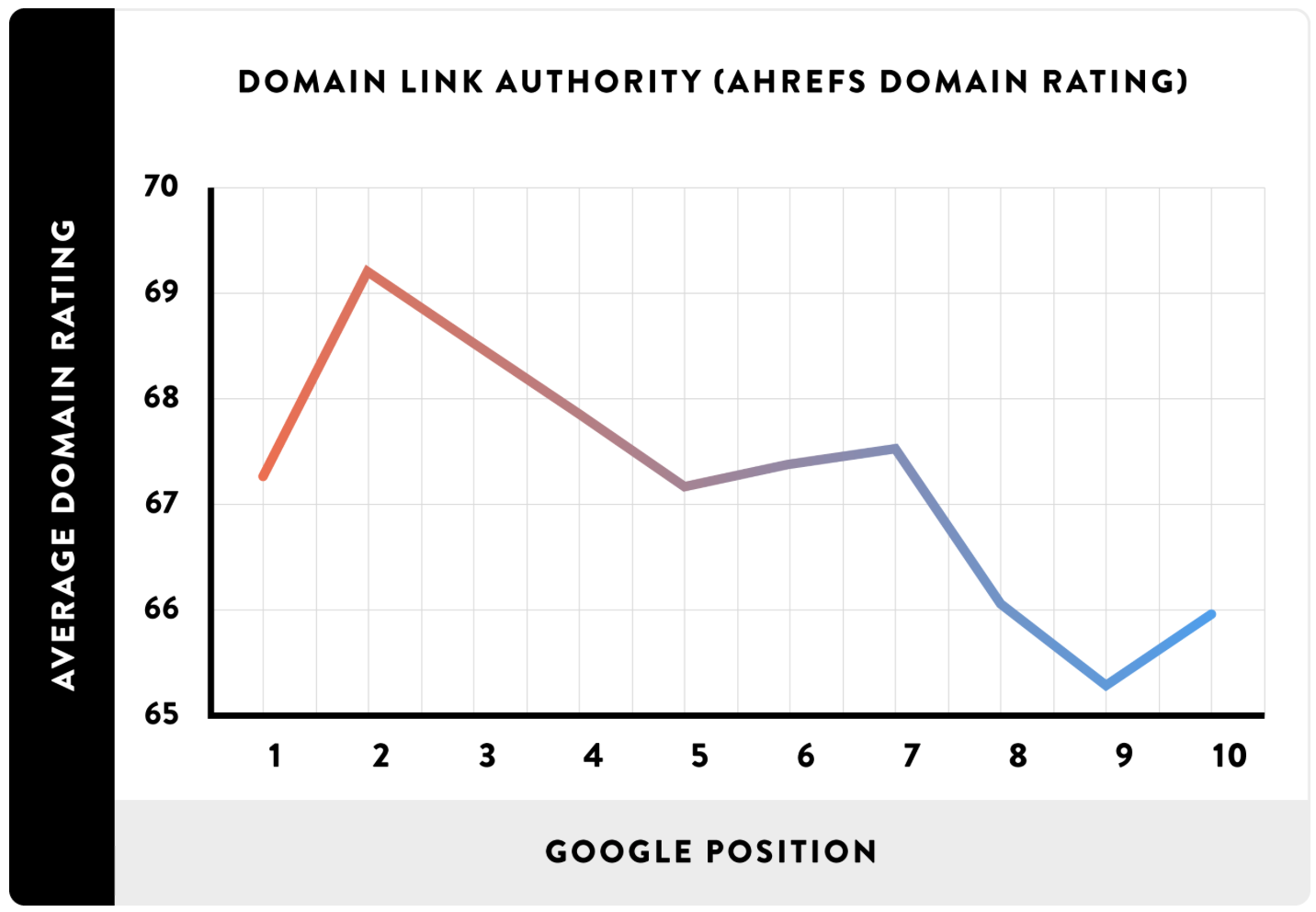
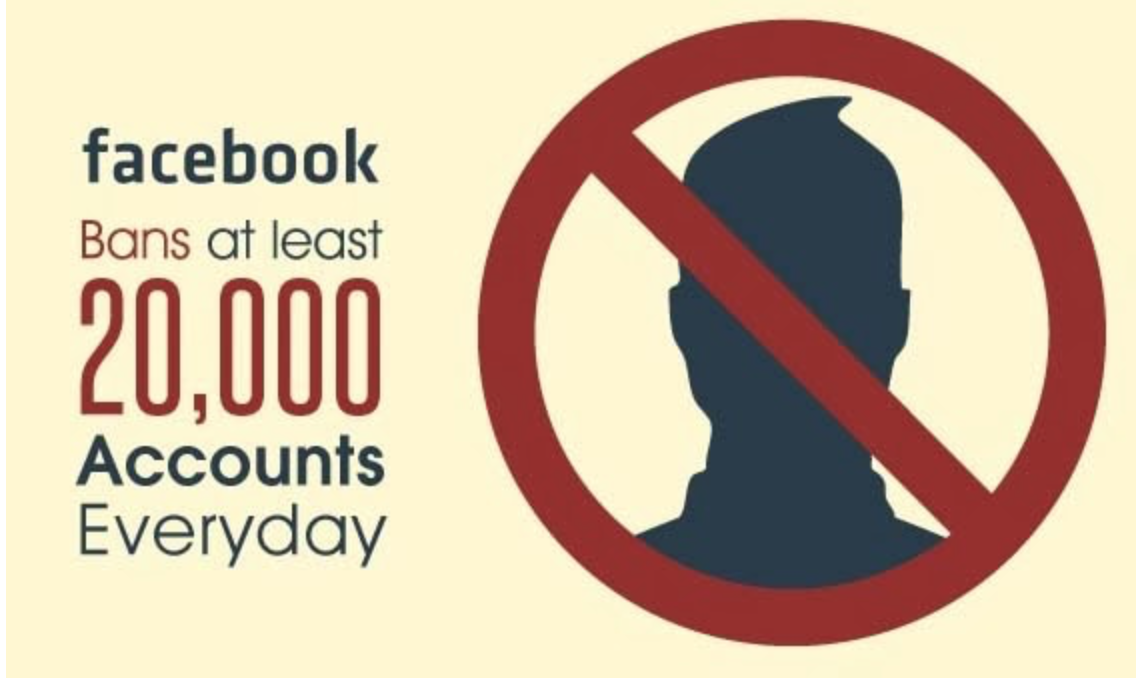
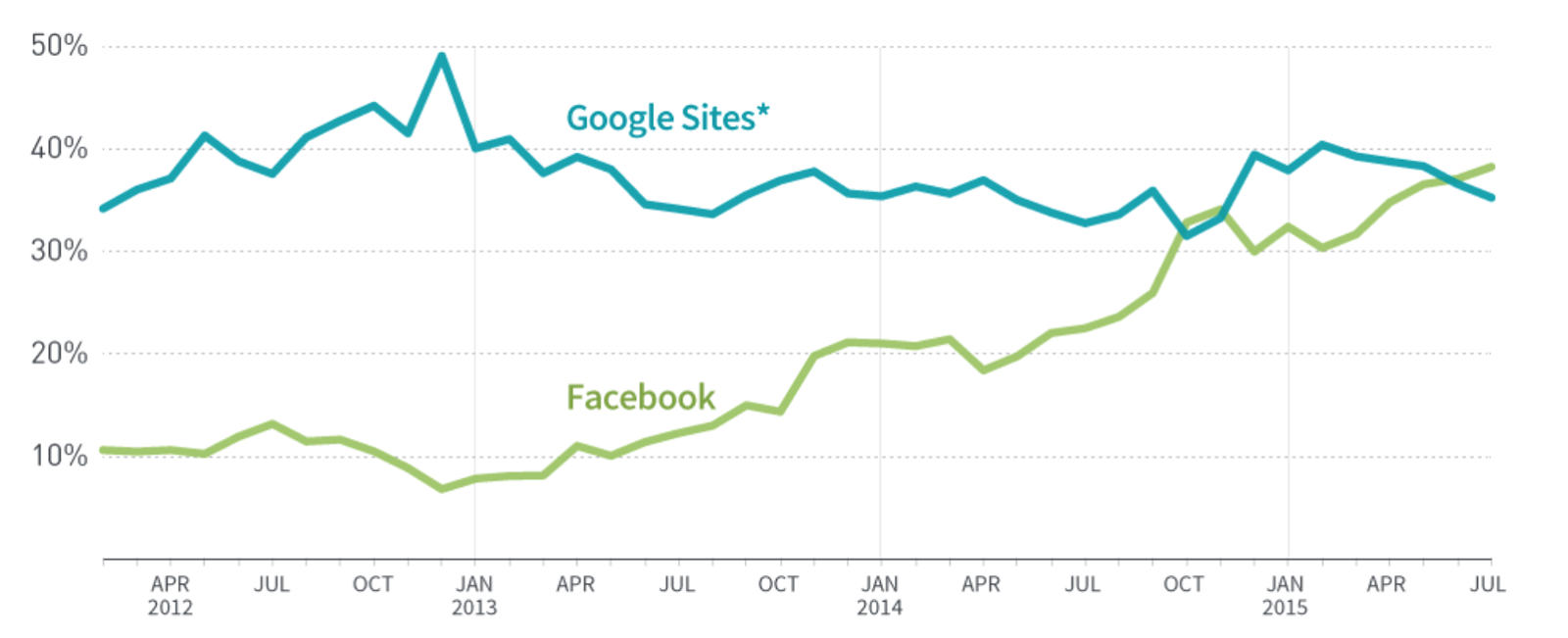
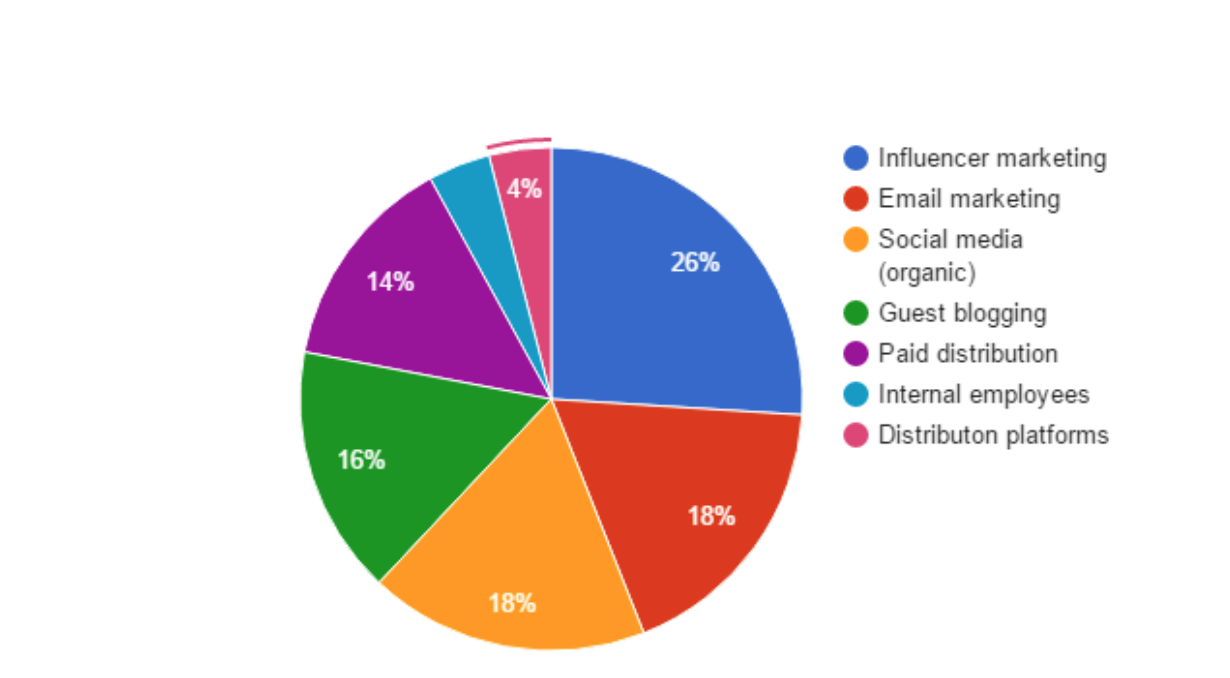
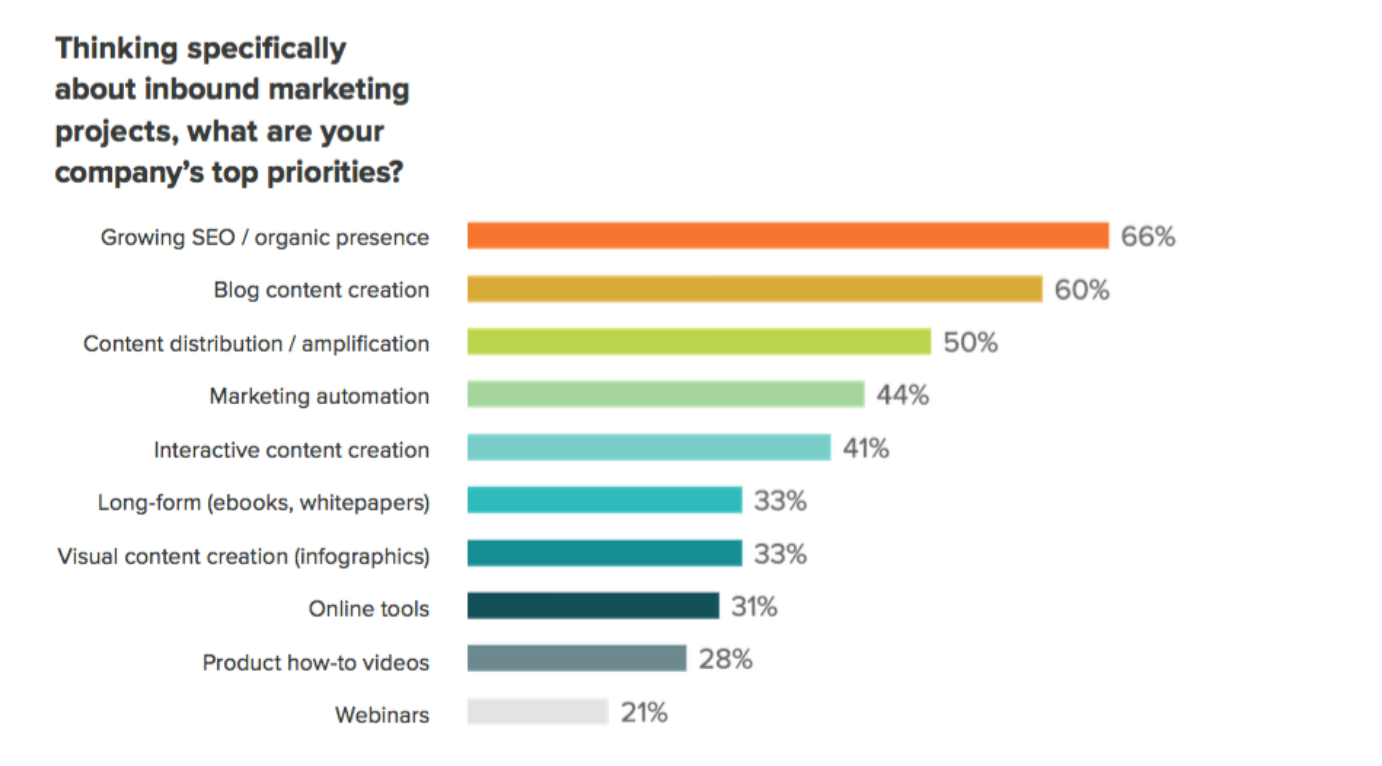
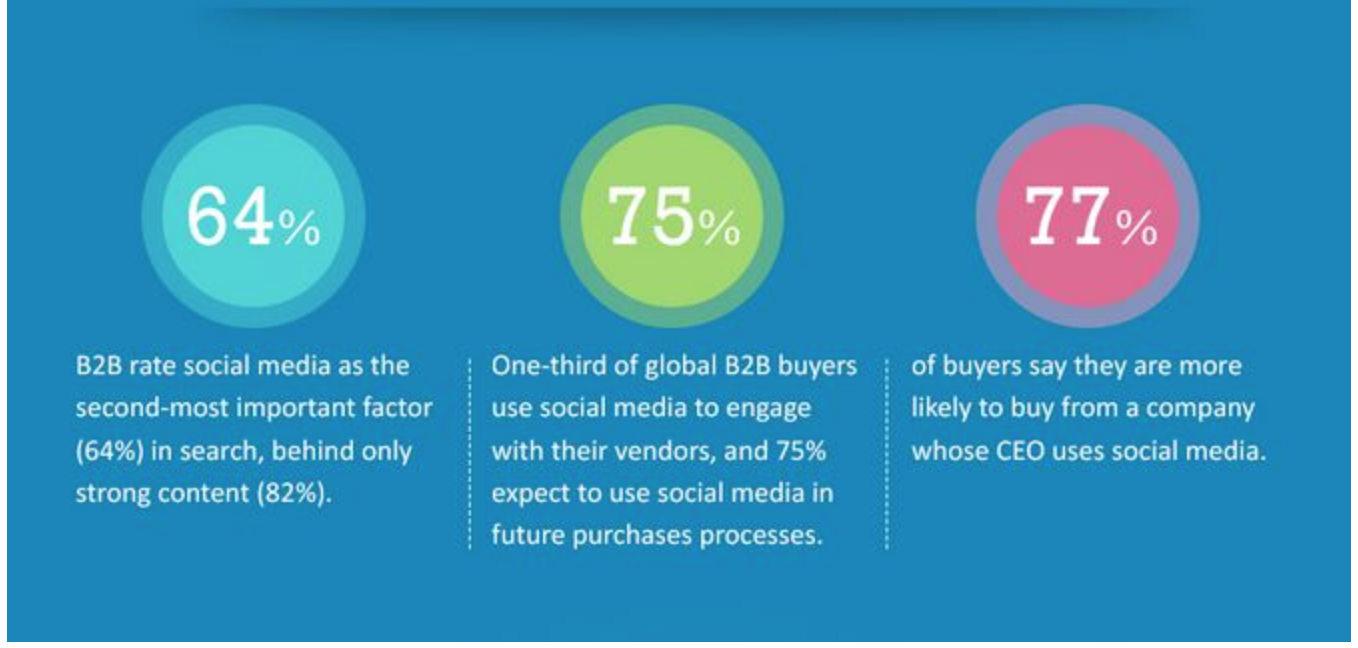
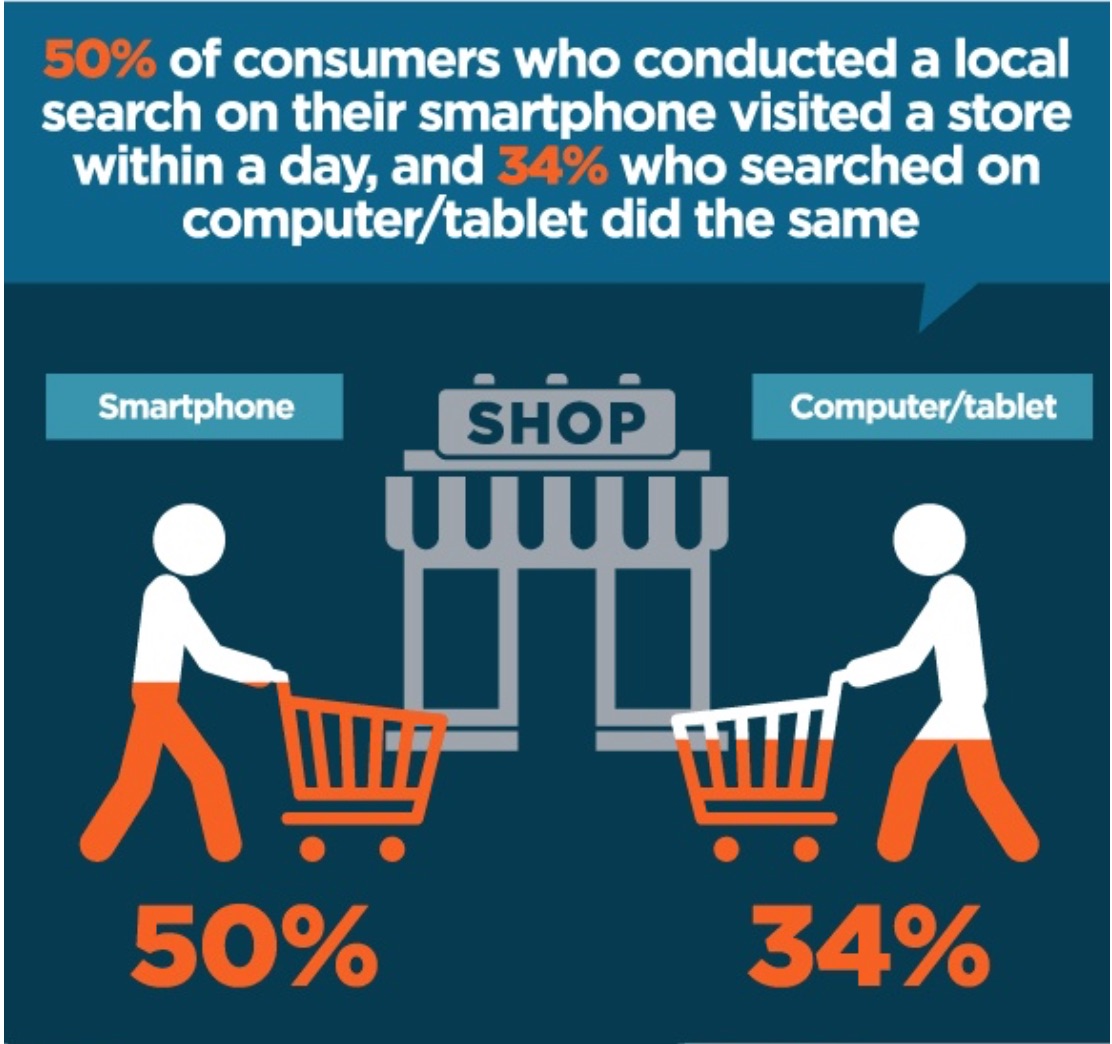
Comentarios (0)